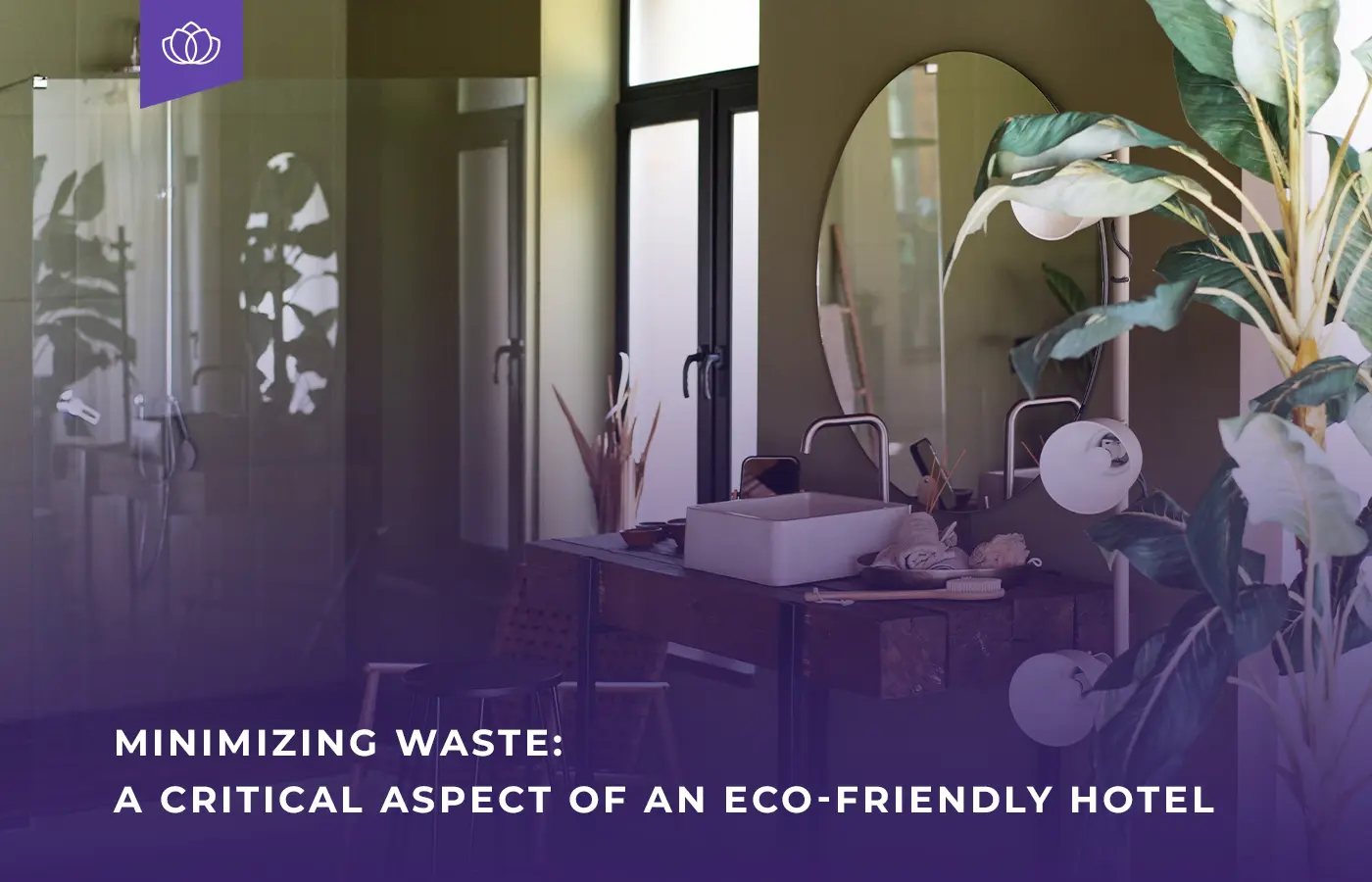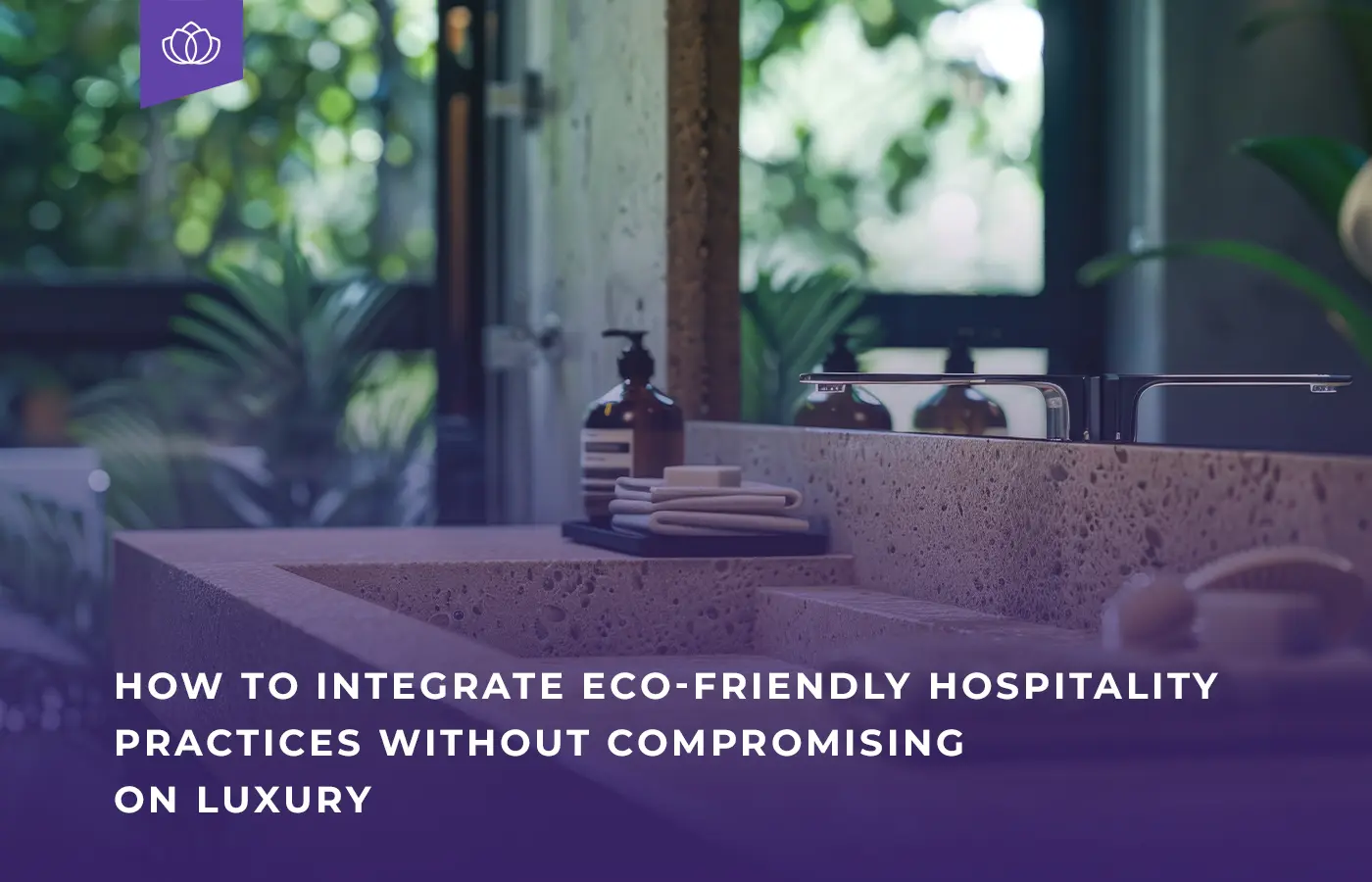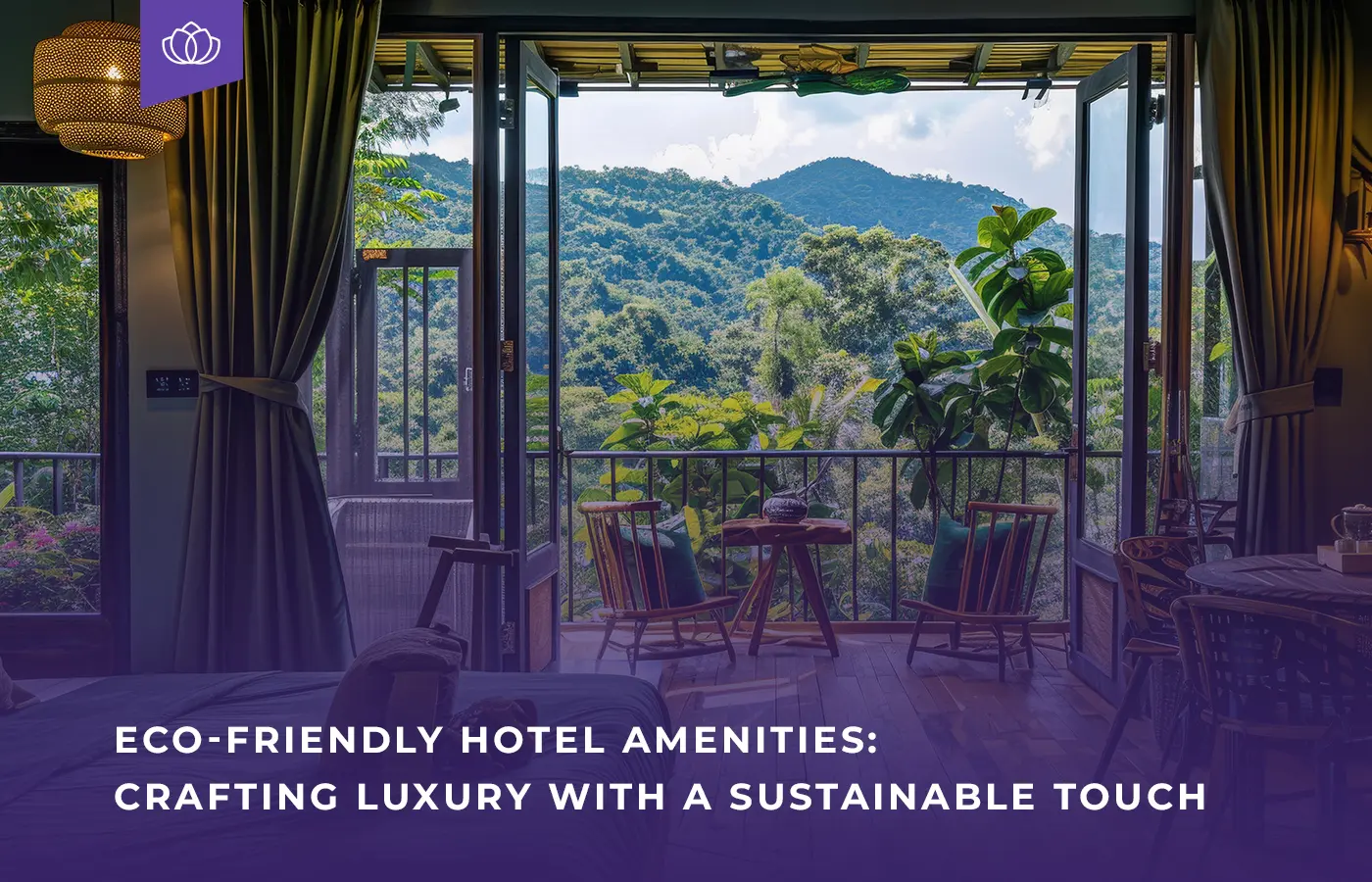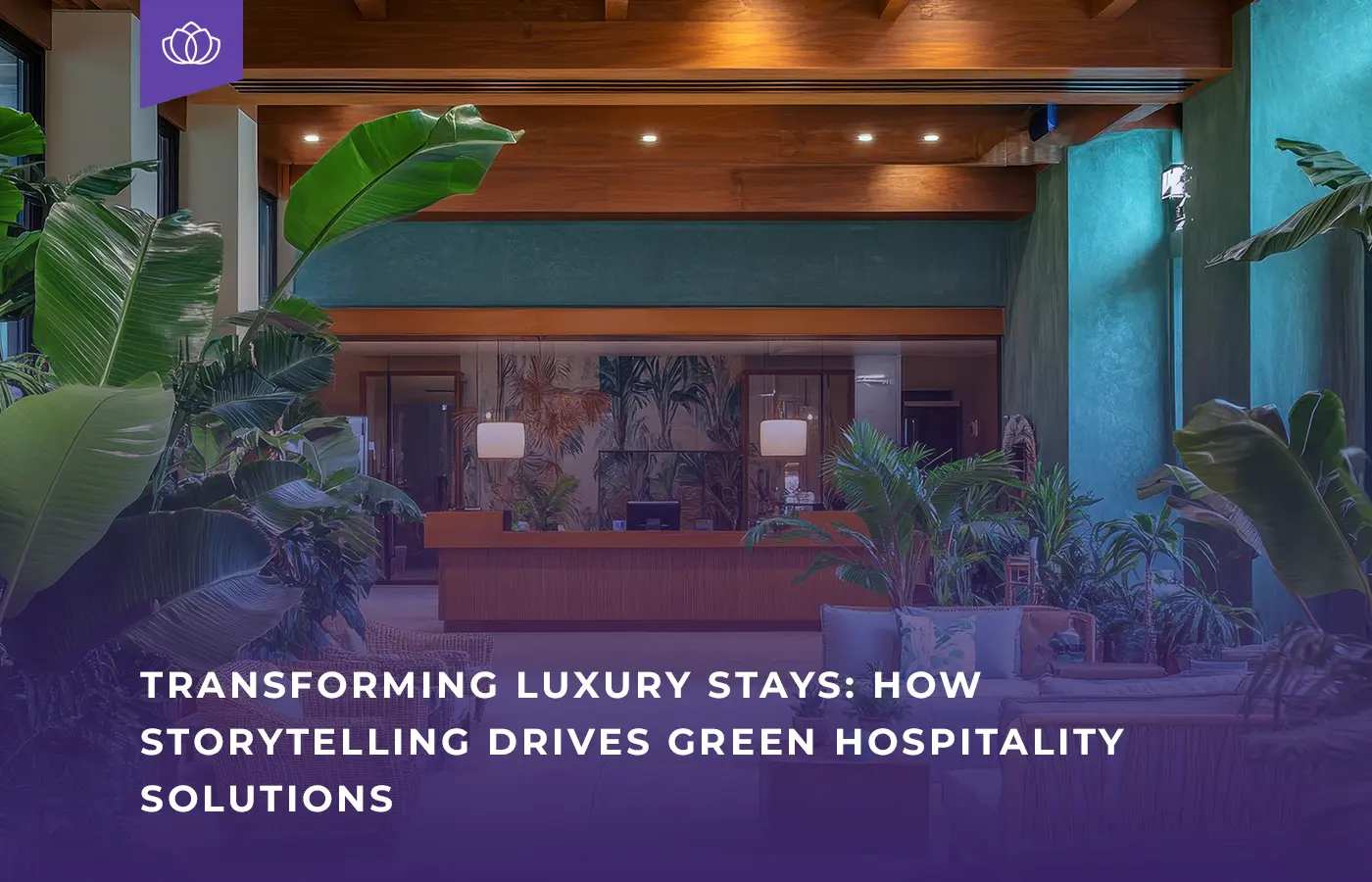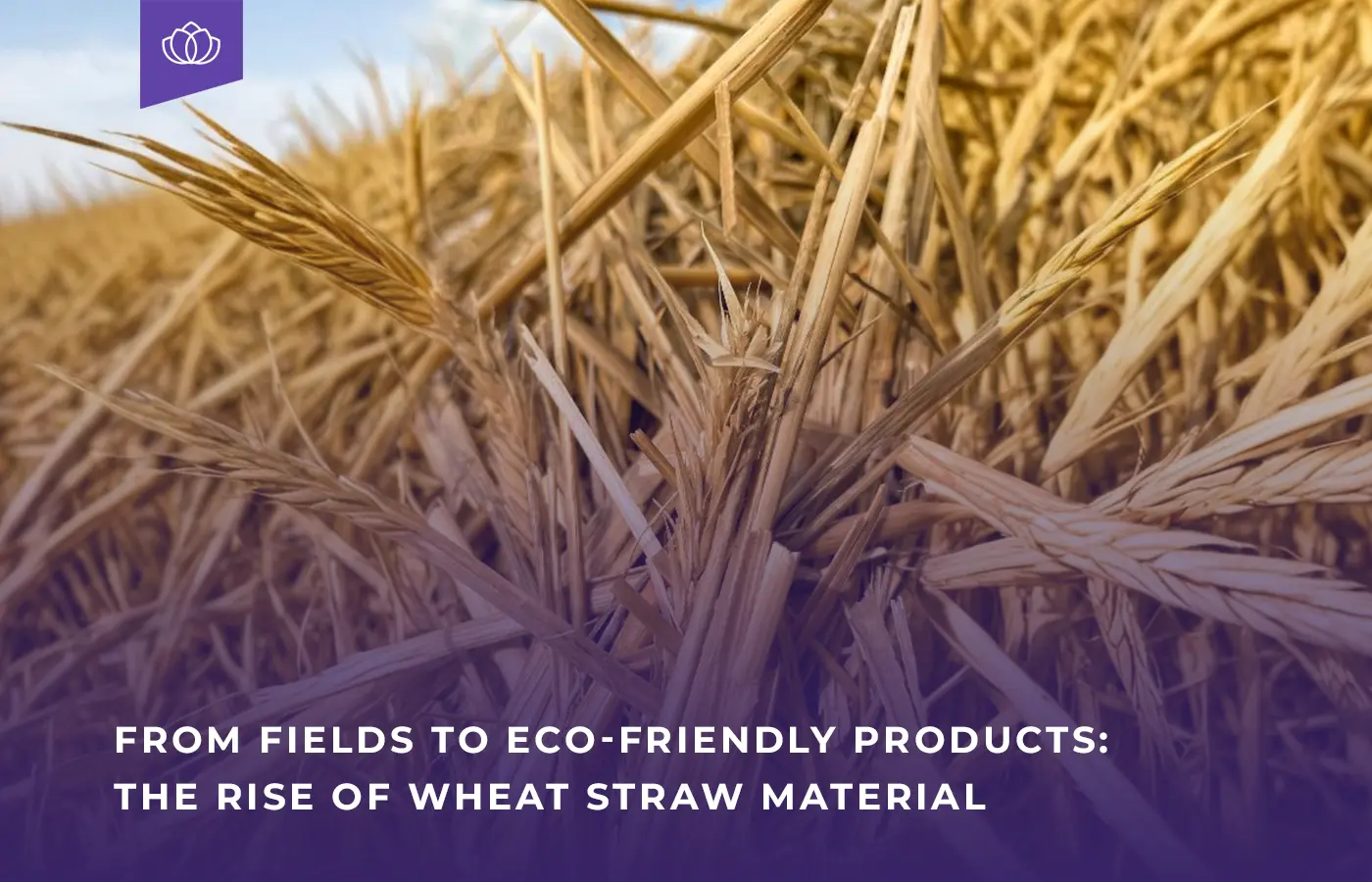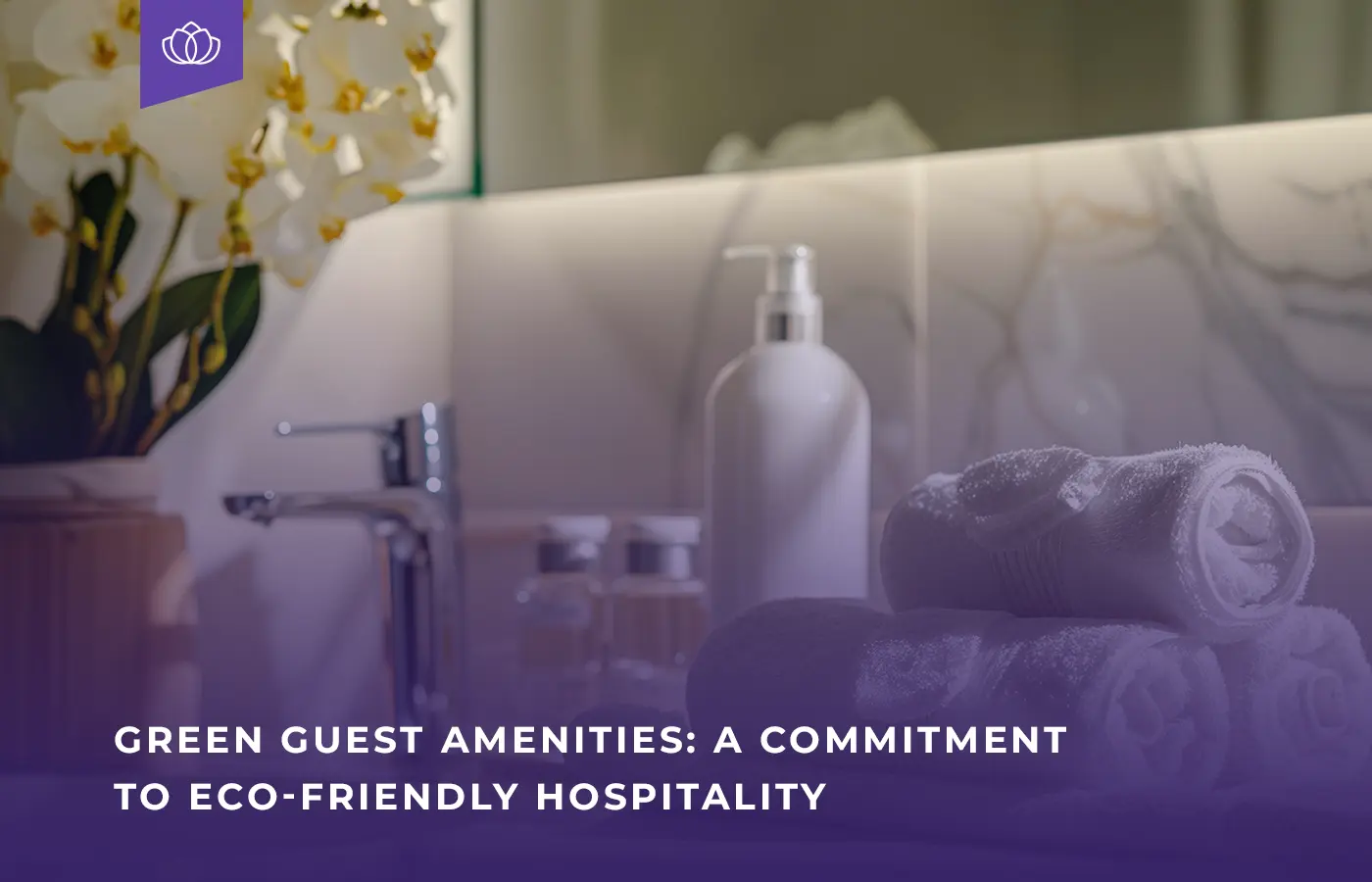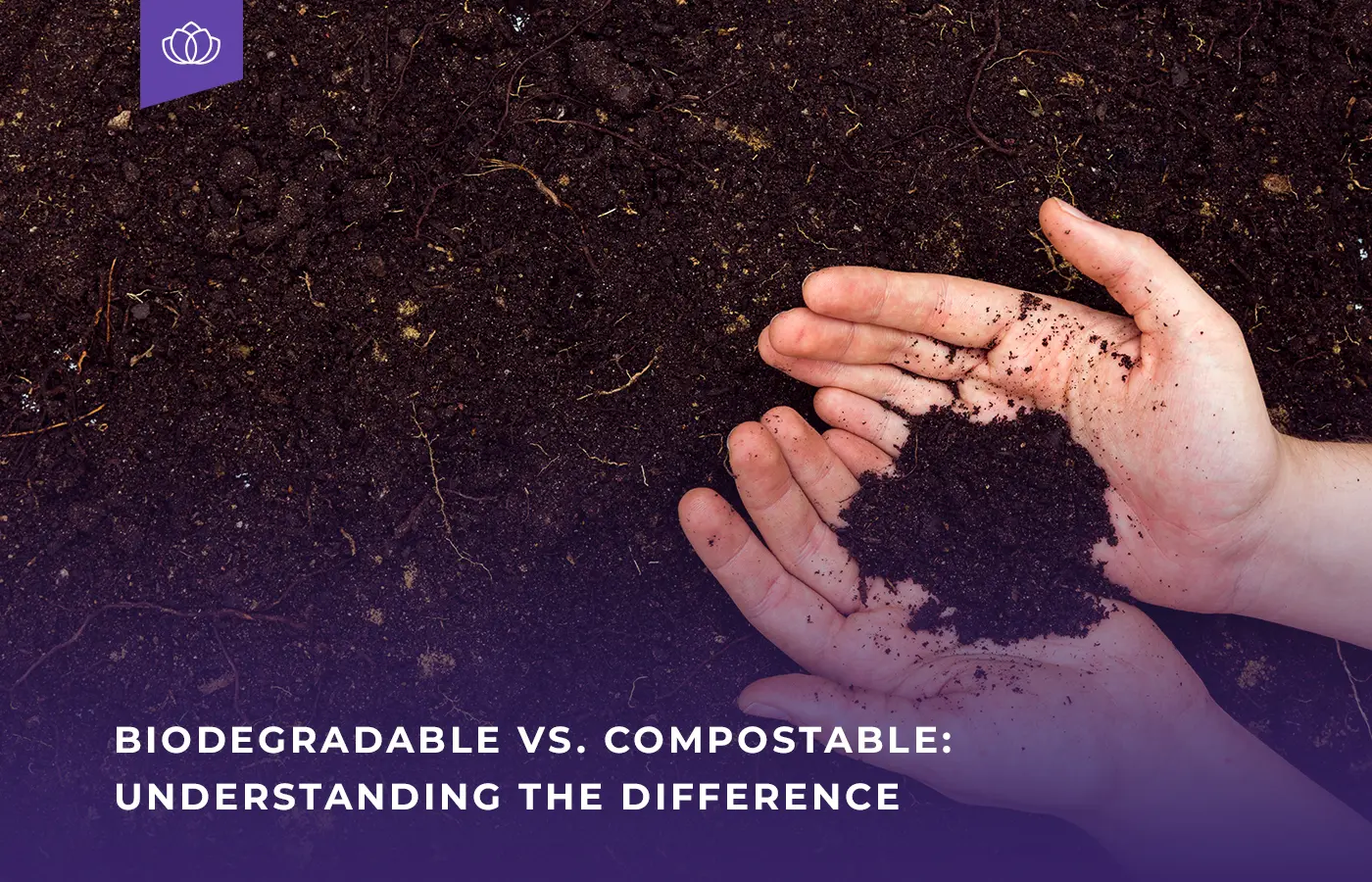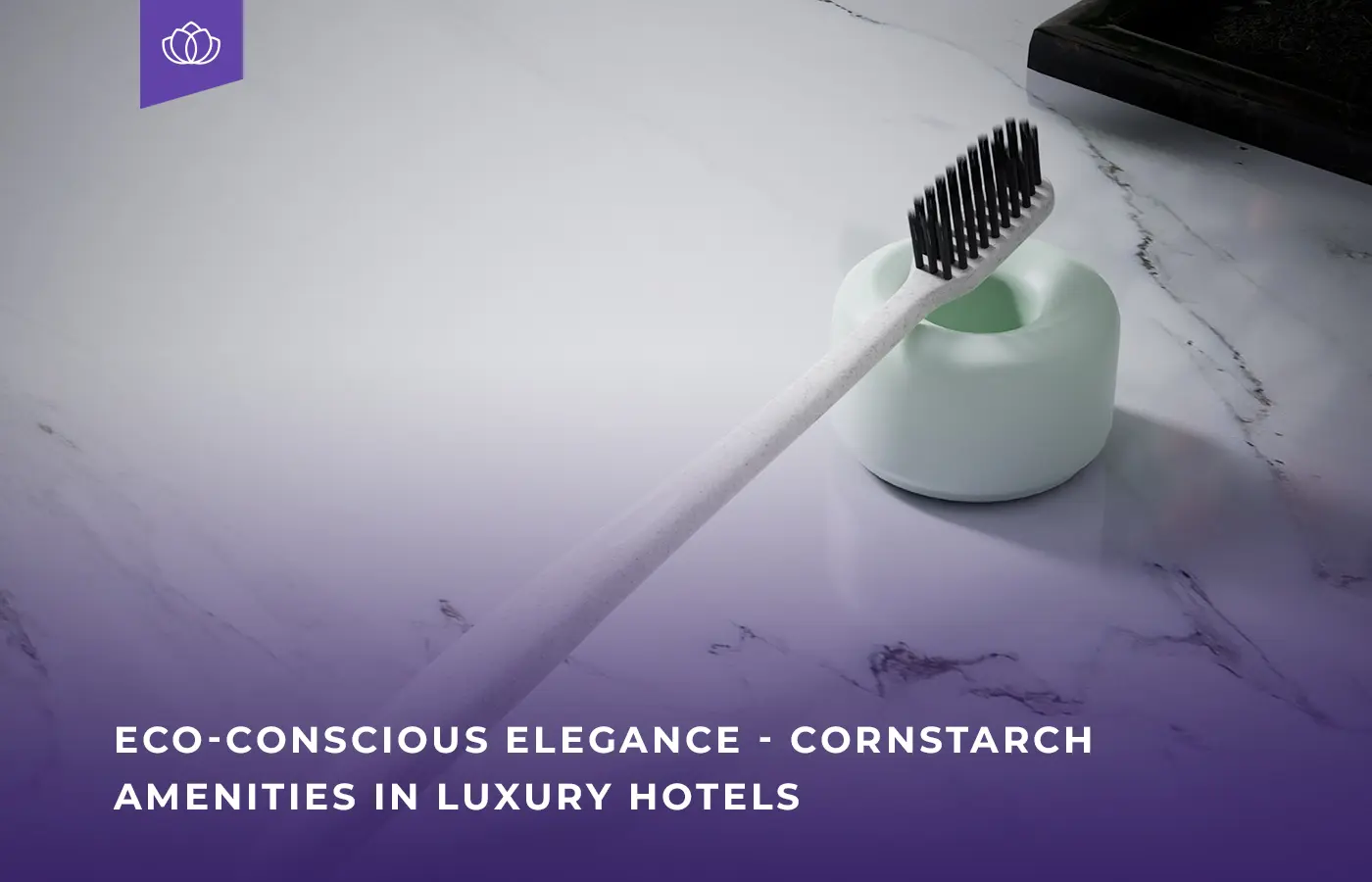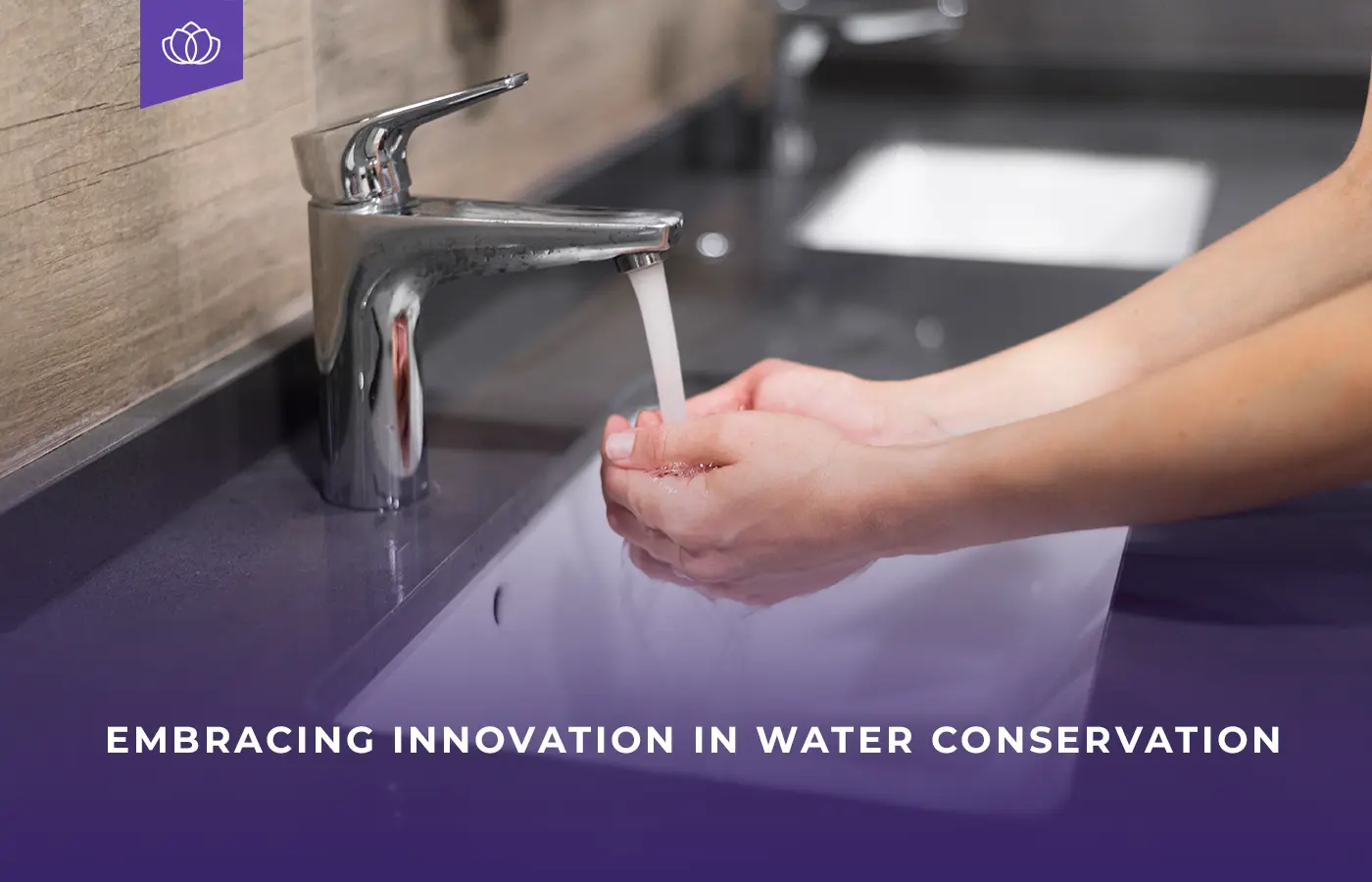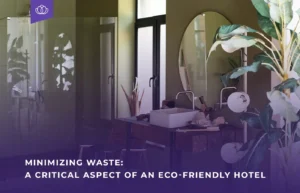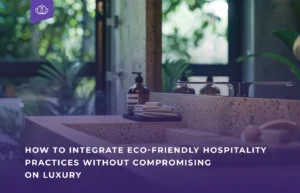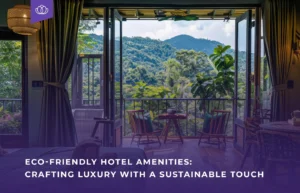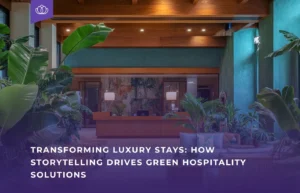Water conservation has become a critical focus in the hospitality industry, particularly for luxury hotels where opulence often leads to high resource consumption. With growing environmental concerns and rising eco-conscious travelers, hotels are increasingly adopting sustainable practices. Among these, low-water formulations and innovative technologies are transforming how luxury amenities are offered.
This blog explores why water conservation matters in hospitality, what guests expect, and how cutting-edge solutions pave the way for a sustainable future.
Why is Water Conservation Crucial in the Hospitality Industry?
The hospitality sector is among the largest consumers of water. According to the U.S. Environmental Protection Agency (EPA), hotels in the U.S. use an average of 740 liters of water per occupied room daily, with luxury hotels exceeding this figure due to extensive amenities such as pools, spas, and expansive gardens. Recent research indicates that the average consumption of five-star Indian hotels is between 400 to 450 liters per guest per night.
In regions where water scarcity is prevalent, this consumption exacerbates environmental challenges. The World Economic Forum has recognized water crises as a significant global risk, emphasizing the emergency for water conservation. By implementing water-efficient practices, hotels can minimize their environmental impact while aligning with global sustainability goals.
Why Does It Matter?
Environmental Impact: Overuse of water leads to resource depletion, affecting local ecosystems and communities. Luxury hotels often operate in scenic, fragile ecosystems where water conservation is essential for long-term viability.
Meeting Regulatory Standards: Many governments are implementing stricter water usage regulations, especially in drought-prone regions. Hotels that adopt water-saving practices are better equipped to comply.
Appealing to Eco-Conscious Guests: Travelers today are highly aware of their environmental impact. A report by Booking.com found that 81% of travelers prefer staying at eco-friendly accommodations, making water conservation a key factor in attracting and retaining guests.
What Eco-Conscious Travelers Expect
Eco-conscious guests are increasingly scrutinizing the sustainability efforts of hotels. Here’s what they prioritize:
Transparency: Guests at hotels would want to know how their stay is minimizing the environmental impact. Sharing water-preserving techniques and initiatives in hotels builds trust and communication.
Low-Water Amenities: Travelers expect luxurious yet eco-friendly amenities. Products like low-water shampoos, conditioners, and body washes, which use minimal water during production, are gaining popularity.
Sustainable Practices: Guests prefer properties that actively promote water conservation through initiatives such as linen reuse programs, water-efficient landscaping, and low-flow fixtures.
Engagement Opportunities: Interactive features, such as apps tracking water usage per room, empower guests to participate in sustainability efforts.
Read more about : How to Integrate Eco-Friendly Hospitality Practices Without Compromising on Luxury
Innovative Technologies for Water Conservation
Low-Flow Fixtures:
Low-flow fixtures, including faucets, showerheads, and toilets, are designed to use less water without sacrificing performance or guest comfort. These fixtures ensure that water is used efficiently, making them a practical and eco-friendly choice for homes, offices, and hospitality spaces. They seamlessly integrate with existing infrastructure, helping to conserve water while maintaining the experience of luxury and convenience.
Greywater Recycling Systems:
Greywater recycling systems collect used water from sinks, showers, and washing machines and repurpose it for non-drinking purposes like irrigation or flushing toilets. This practice significantly reduces the amount of freshwater required for everyday tasks. By adopting greywater recycling, properties can contribute to sustainable water management and ensure resources are used responsibly.
Smart Irrigation Systems:
Smart irrigation systems leverage advanced technology to optimize watering schedules based on weather and soil conditions. These systems reduce unnecessary watering, ensuring that gardens, lawns, and landscaped areas receive only the needed water. This technology is especially valuable for businesses and properties that maintain lush green spaces while conserving water.
Water Management Sensors:
IoT-enabled water management sensors provide real-time data on water usage, helping identify leaks and inefficiencies. These sensors enable quick corrective actions by actively monitoring consumption and improving overall water management. They are a great addition for organizations that maintain sustainable water practices with minimal wastage.
Rainwater Harvesting:
Rainwater harvesting systems collect and store rainwater for various non-drinking uses, such as cleaning, irrigation, and laundry. These systems support sustainability and resource conservation by reducing reliance on municipal water supplies. Rainwater harvesting is particularly beneficial in areas facing water scarcity, as it helps replenish local water supplies and ensures long-term availability.
Low-Water Formulations: A Game-Changer for Luxury Amenities
Luxury hotels are now embracing low-water formulations for personal care products. These innovative products deliver high-quality experiences while using minimal water in their production use some emerging trends:
Concentrated products, waterless alternatives, and natural ingredients transform the personal care industry by reducing water consumption and packaging waste. These trends offer significant benefits for businesses striving to minimize environmental impact while meeting the growing demand for eco-friendly amenities.
Waterless Products: As eco-conscious travel grows, waterless products like solid shampoos and bar soaps are emerging as sustainable options. They require less water during production and minimize single-use packaging, helping businesses reduce their carbon footprint. While exploring similar solutions, such innovations are key to a greener future.
Natural Ingredients: Using sustainably harvested, water-efficient ingredients enhances the eco-luxury appeal of hotel amenities. These ingredients support environmental conservation and offer guests a premium, eco-conscious experience, aligning luxury with sustainability.
Data and Statistics
Global Water Usage: Hospitality accounts for 15% of global commercial water use, with luxury properties consuming the most.
Guest Behavior: The 2019 Sustainable Travel Report by Booking.com noted that 55% of global travelers are more determined to make sustainable travel choices.
The Cost Angle
Implementing water conservation measures in India will need substantial investments, yet the long-term financial benefits are significant.
Here is a hotel that has already done the same: JW Marriott Mumbai Juhu say that they take pride in saving approximately 50% of water, and this is because most of the water that is consumed daily is recycled. 100% of the wastewater from the Sewage Treatment Plant is used as flush water in restrooms, leading to 30 kL savings per day and 900 kL monthly savings. A swimming pool suction sweeping machine with an in-built filtration system has been installed to reuse the pool water, which was previously drained, resulting in 20% savings per day.
By adopting water-efficient solutions, Indian hotels are making strides toward sustainability while also reducing long-term operational costs. As a company focused on delivering sustainable amenities, OLHS invests in supporting environmentally responsible hotels.
Conclusion
Water conservation is essential in the luxury hospitality industry, ensuring environmental, economic, and reputational sustainability. By adopting low-water formulations and smart technologies, hotels can deliver exceptional guest experiences while meeting the growing demand for sustainable practices. Prioritizing water conservation reduces costs and builds trust and brand loyalty, making it a key standard for the future of hospitality.
Stay updated with the latest news, insights, and exclusive content by following us.


